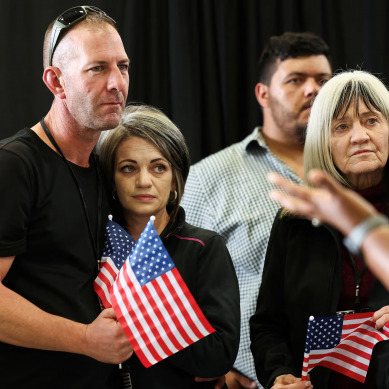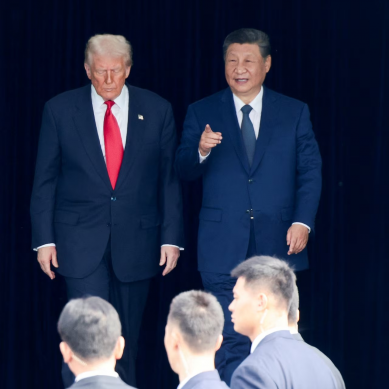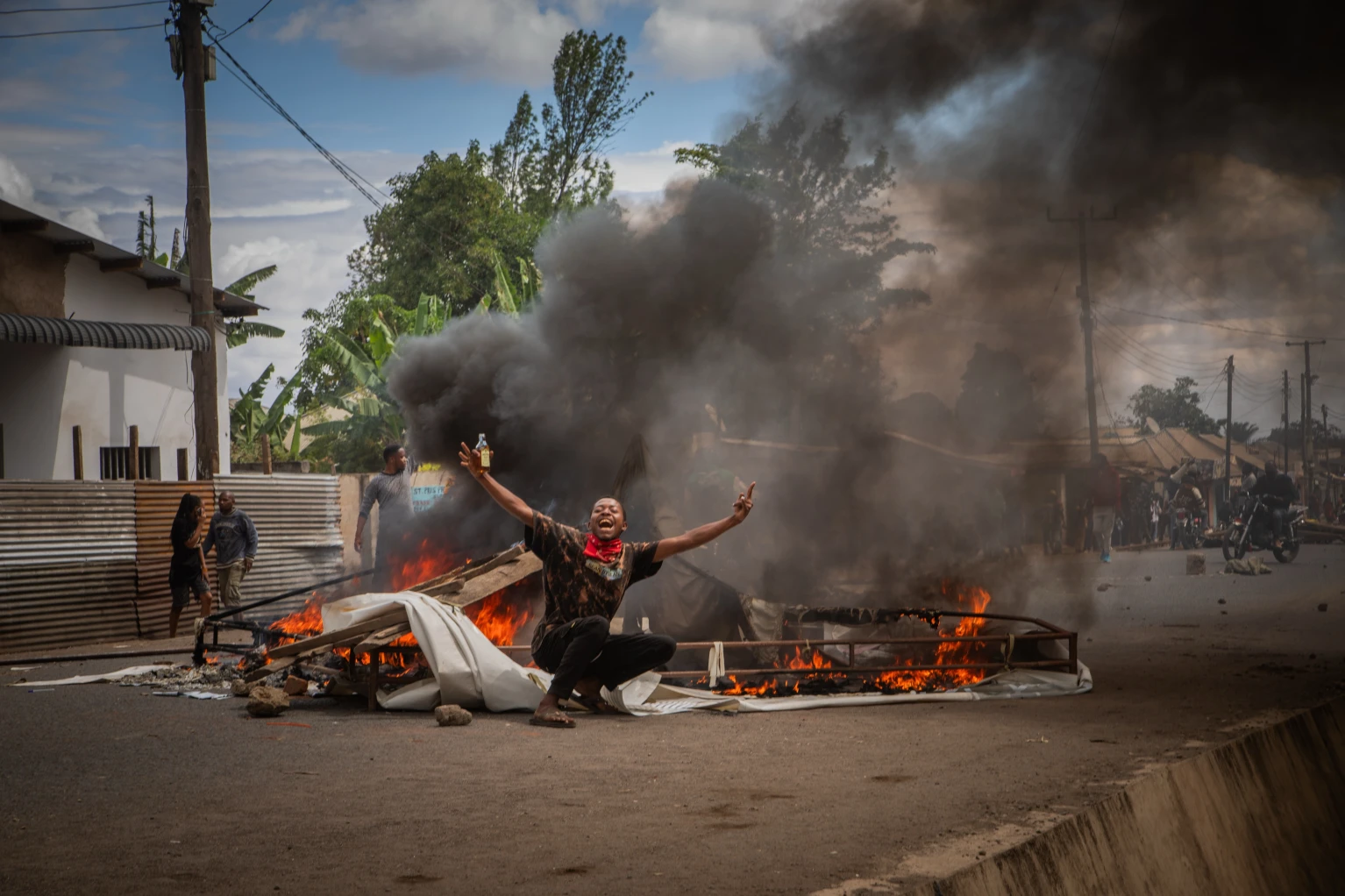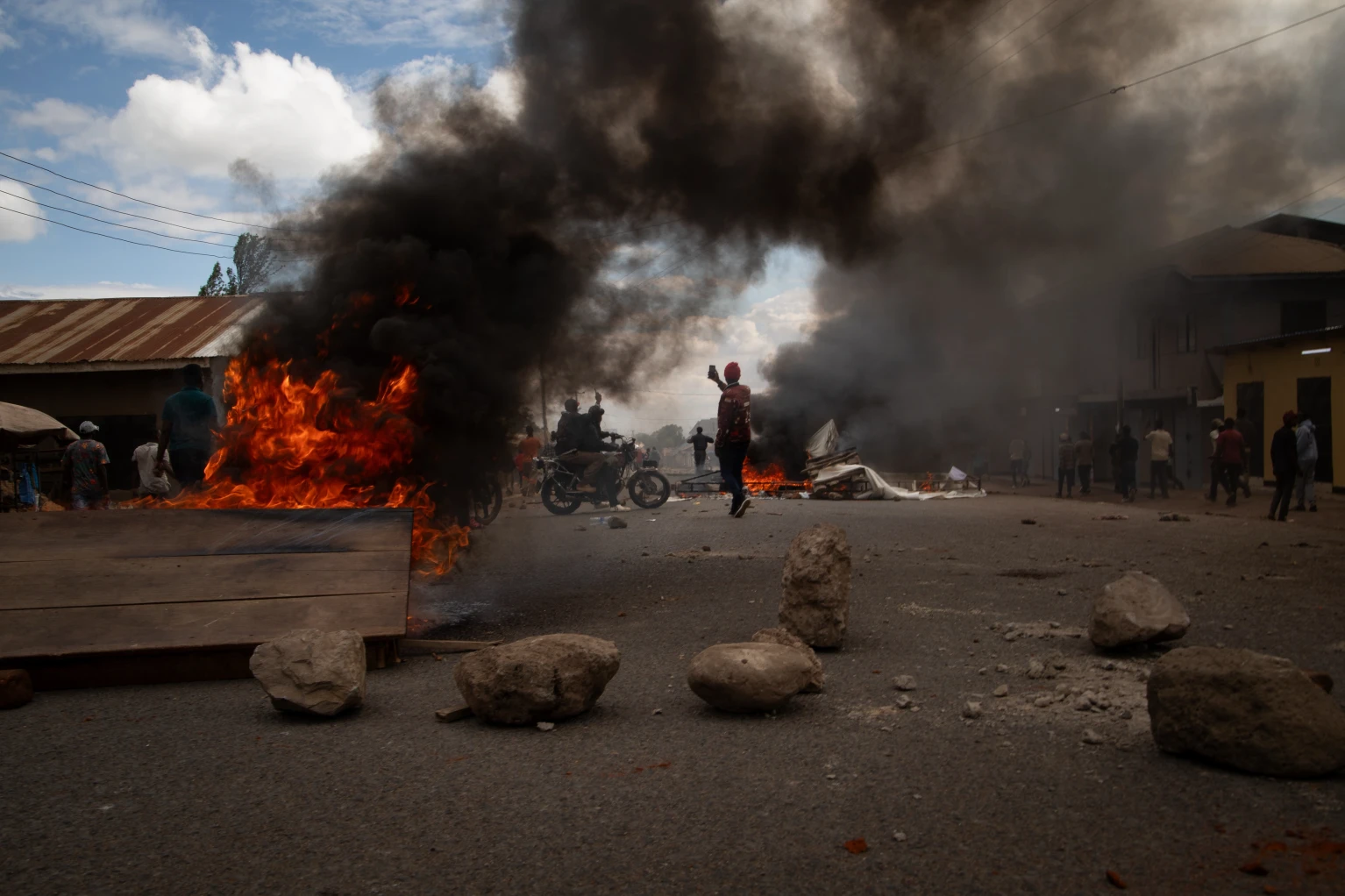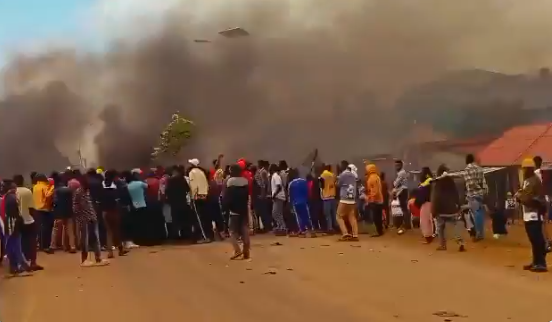
Even if the Tanzanian electoral body declared Chama Cha Mapinduzi (Revolutionary Party) candidate Samia Suluhu Hassan winner of t disputed October 29 presidential poll, it is becoming evident the demure woman from the clove island of Zanzibar will not have it easy.
Suluhu Hassan faces massive rejection on Tanzania Mainland (Tanganyika) where she faces allegations of presiding over the derogation of Christians, besides detention, extrajudicial killings, abductions and state-enforced disappearances.
As testimony of what lies ahead, hundreds of protesters took to the streets for a second day of demonstrations in Tanzania on Thursday after a disputed election, while Amnesty International reported that two people have died. There unsupported reports by the European Union that 10 people, among them a police officer, had been killed.
After the protests broke out on Wednesday, the government shut down the internet, imposed a curfew and deployed the military to the streets.
Against his backdrop, lawmakers from the European Parliament said in a statement on Thursday that the elections in Tanzania were “neither free nor fair” and urged democratic partners to “stand firm in the defence of democracy and human rights.”
Judging from the reaction of diplomats in Tanzania and foreign governments, President Suluhu Hassan’s goose may already have been cooked. Events in the run up to the Election Day suggested that the electoral agency, the police and the judiciary may have been used – knowingly or unknowingly – to clear the way for her to “compete against herself” with 16 other also-runs being used to give her pre-arranged ‘victory’ credibility.
The incumbent, President Samia Suluhu Hassan, faced 16 other candidates from smaller parties who barely campaigned.
The electoral body on Thursday announced through state television that President Hassan had taken an early lead, garnering 96.99 per cent of the votes in 8 out of 272 constituencies tallied early Thursday.
The ruling Chama Cha Mapinduzi or CCM, which has been in power since independence in 1961, sought to extend its rule in Wednesday’s election, with presidential candidates from the two main opposition parties barred from running.
Turnout during Wednesday’s election was low, and chaos broke out in the afternoon as protesters burned a bus and a gas station, attacked police stations and vandalised polling centres.
Two people, a civilian and a police officer, died in Wednesday’s protests, according to Amnesty International. The government has yet to comment about casualties in the ongoing protests.
Tanzania’s government imposed a curfew on Wednesday evening in the commercial capital, Dar es Salaam, where most protests had occurred, but protests continued late into the night.
The government asked public servants to work from home on Thursday to limit the movement of non-essential staff. Roadblocks manned by the Tanzanian army were erected across the country, with those approaching them turned away if they could not prove they were essential workers.
Hundreds of protesters breached security barriers to access a road leading to the country’s main airport but were unable to enter.
Amnesty International called for investigations into the use of force on protesters by police.
Ferry services from the Tanzanian Mainland to the semi-autonomous archipelago of Zanzibar, whose electoral body is expected to announce results on Thursday, were also suspended.
Tanzanians cast ballots for a president, members of parliament and ward councillors.
The main opposition leader Tundu Lissu remains in prison after he was charged with treason for calling for electoral reforms. The presidential candidate for the second largest opposition party, Luhaga Mpina, was barred from running.
- A Tell Media / AP report
